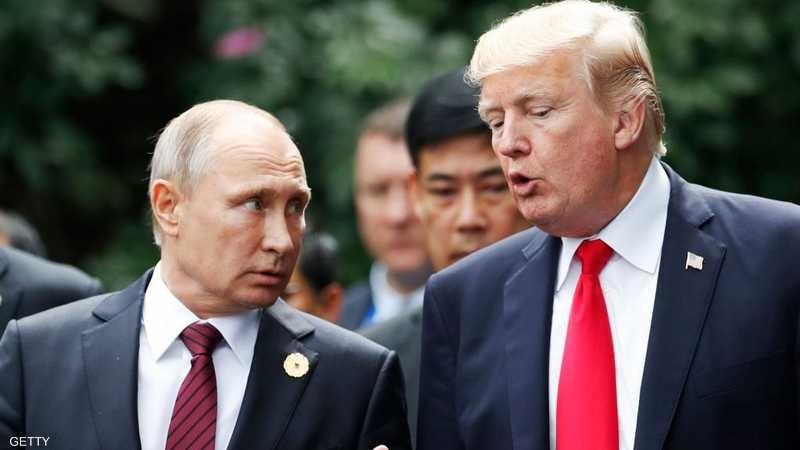Emad Barsoum writes: The Virtual Democracy

Looking back in time at the development of political approaches and awareness, we would realize that the principle of Democracy came to existence in the 400’s BC when Plato wrote his book “The Republic”, followed by many philosophers, thinkers, social reformers and patriots, Democracy became a crucial requirement for governing and human rights. Although the Roman Senate existed in 700’s BC, nonetheless it was not a real democracy because their senators were appointed and chosen based on their wealth and power.
Democracy is well described in Rausseau’s “The Social Contract” - the principles of political rights, where he empathized the necessity of selecting a government by its people which should look after their needs, security and all aspects of life, this government is by the people and for the people.
Through modern history we have witnessed how monarchies switched to parliamentary systems where the role of the Monarch became more symbolic and marginal, it is kept only for the tradition, although it has no considerable influence on politics or governing nowadays, and this will lead eventually to the dissolve of Monarchies in the very near future because in contemporary times, besides it non-influence, it reminds the people of tyranny, imperialism and monocracy, during which human rights were severely violated and many nations wealth were unrightfully acquired.
When I heard about the “Member of Provincial Parliament Outreach Day”, which took place a short while ago, the theory of democracy and political impartiality came across, and left me contemplating for some time! Are we really enjoying this very democracy, freedom and impartiality?
The findings were deeply astounding, if we try to reach out to a member of Parliament whether provincial or Federal through email, the automated answer will say that due to high volume of inquiries we will get back to you when possible, however you will never hear back. If it happens and you could meet your representative and if your complaint or inquiry is about any matter that does not go inline with the party’s policy, then you will receive no satisfactory answer or response.
Apparently, the members of different levels of parliaments are serving the party and not their constituents assuming that all constituents should abide to the party’s principles, evermore, if the representative would consider for a moment to deviate from the party’s policies and aid or provide opinion to the constituents, in a way that does not align with the party’s ideology then she or he would be warned by the party or may be excommunicated from the caucus.
We have seen as well how ethnic and ideological factors determine the party’s preference in certain areas for their candidates, and how candidates use such privilege to get rid of their opponents as per the model of the previous centuries, when the political conflicts created many conspiracies, plots and extermination.
What we watch is a democracy behind the screens, a virtual democracy, where we can hear about it or see it but we cannot experience or touch it in our life.
since we live in the era of Virtuality and digital existence, then no wonder that Democracy and governing became virtual as well.













